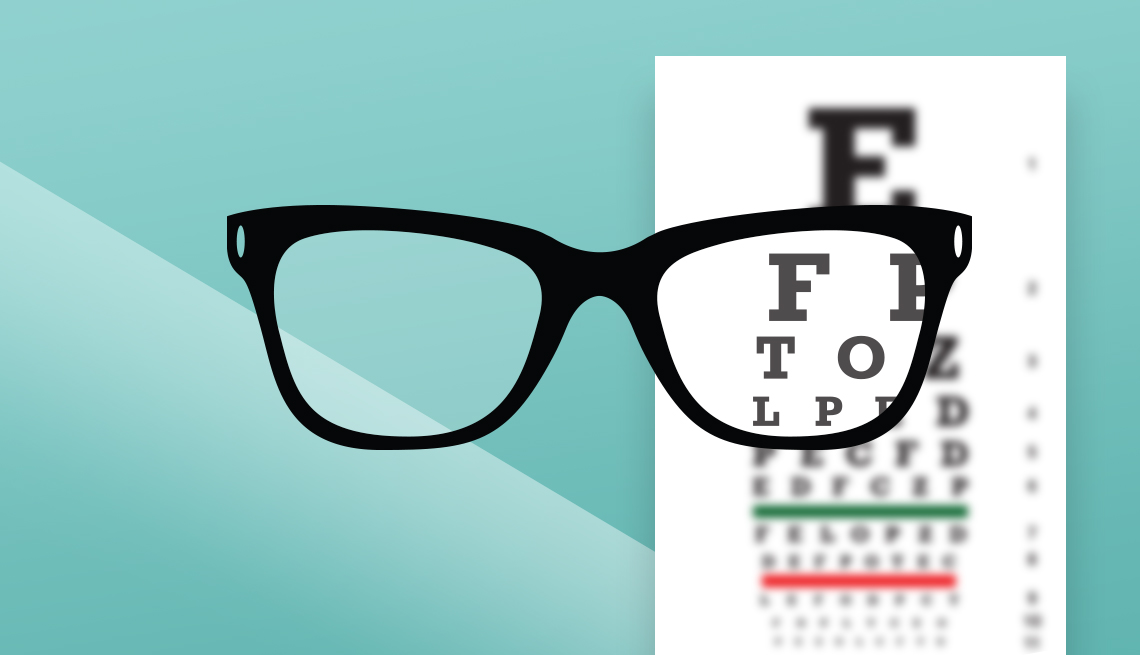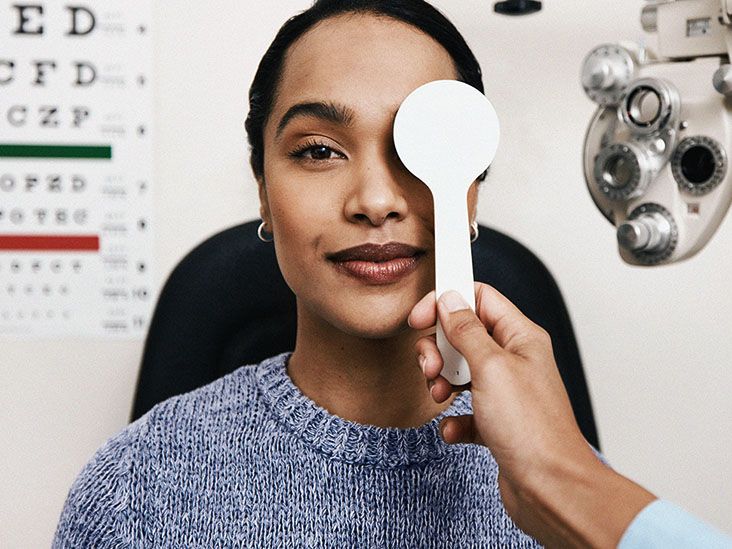Is Refractive Surgical Treatment Right for You? Factors to Take Into Consideration for Better Eyecare
In the realm of eye treatment, the choice to go through refractive surgical treatment is a crucial one that requires thoughtful factor to consider. From the ins and outs of one's ocular health to the complexities of individual assumptions and daily behaviors, each facet holds value in the wider landscape of refractive surgical treatment candidacy.
Eye Health And Wellness Evaluation
When thinking about refractive surgical treatment, an extensive eye health analysis is vital to examine the viability of the procedure for each person. cardiologist andalusia. This analysis includes a series of examinations and exams carried out by an eye treatment professional to figure out the total health and wellness of the eyes, the presence of any kind of underlying problems, and the stability of the refractive mistake
Throughout the examination, numerous aspects are taken into account, such as the person's medical background, present eye prescription, corneal thickness, student size, and tear movie quality. These evaluations help to recognize any kind of contraindications to refractive surgical treatment, such as corneal problems, cataracts, or without treatment eye infections. Additionally, the examination helps to handle patient assumptions relating to the prospective end results of the surgery based upon their distinct eye characteristics.
Ultimately, the eye health and wellness analysis is essential in guaranteeing the safety and security and effectiveness of refractive surgery, as it offers useful understandings right into the individual's eye health condition and aids establish one of the most suitable therapy alternatives for accomplishing optimum aesthetic end results. (eye doctors in andalusia)
Lifestyle Assessment
An extensive way of life analysis is integral in determining the viability of refractive surgical procedure for an individual's visual correction demands. Way of living variables such as line of work, leisure activities, and everyday activities play an important role in the decision-making procedure concerning refractive surgery. People with occupations that entail a high degree of physical activity or direct exposure to ecological elements might have different aesthetic demands compared to those with less active workdesk jobs. Comprehending exactly how an individual's way of living may impact their vision post-surgery is essential for taking care of assumptions and making sure optimal end results.
Furthermore, way of life routines such as sporting activities involvement, outside activities, or even skin care regimens can affect the healing procedure and total success of refractive surgical procedure. By performing a thorough way of life analysis, eye care professionals can tailor their recommendations and therapy strategies to satisfy the distinct needs of each patient, ultimately leading to boosted visual outcomes and satisfaction.
Assumption Positioning

Establishing sensible expectations involves thorough pre-operative conversations in between the client and the ophthalmologist. The doctor must transparently communicate the potential dangers, benefits, and restrictions of the procedure (eye center andalusia). Individuals need to understand that while numerous individuals accomplish 20/20 vision or far better following refractive surgical procedure, some may still require glasses for particular activities like analysis or driving Recommended Reading at night. Taking care of these assumptions assists prevent frustration and dissatisfaction post-surgery, bring about a much more favorable overall experience for the person.
Threat Analysis

Variables that may raise the risk of difficulties include age, specific clinical conditions like autoimmune conditions, unsteady vision prescription, thin corneas, and unrealistic person assumptions. Furthermore, choosing a skilled and skilled doctor, complying with pre and post-operative care directions faithfully, and disclosing any type of pertinent medical history can aid mitigate risks.
To lessen the likelihood of problems, eye doctors conduct complete pre-operative analyses to identify any contraindications to surgical treatment. They additionally review the potential threats and benefits with patients during the examination procedure. By involving in open interaction and shared decision-making, both the person and the eye doctor can work with each other to establish if refractive surgical procedure is the right choice based on specific threat profiles and preferred results.
Examination Value
Taking into consideration the essential duty of educated decision-making in examining dangers and potential problems in refractive surgery, the consultation process holds substantial relevance in assisting individuals towards ideal end results. Throughout the assessment, the ophthalmologist evaluates the person's eye wellness, refractive errors, and overall viability for surgical procedure. This preliminary evaluation is essential in determining one of the most appropriate procedure for each and every individual, taking into account elements such as corneal thickness, student dimension, and existing eye conditions.
Moreover, the appointment offers as an opportunity for individuals to discuss their expectations, problems, and any questions they might have relating to the surgical treatment. visit this site Clear interaction between the client and the doctor is vital to make sure realistic assumptions and an extensive understanding of the potential risks and advantages involved.
In addition, the consultation permits the surgeon to describe the various surgical choices offered, their corresponding results, and the post-operative care required. This comprehensive conversation encourages individuals to make educated decisions regarding their eye care, leading to much better contentment and outcomes post-surgery.
Final Thought
In conclusion, people taking into consideration refractive surgery needs to undertake a detailed eye health analysis, evaluate their way of life behaviors, straighten their expectations with potential results, examine the affiliated threats, and focus on examinations with eye treatment specialists. These variables play an important function in figuring out the viability of refractive surgical procedure for each and every individual, making certain optimal results and satisfaction with the treatment.
Individuals considering refractive surgical procedure frequently have high expectations pertaining to the outcomes, expecting best vision without the requirement for glasses or get in touch with lenses. While refractive surgical treatment can greatly improve vision and reduce dependence on aesthetic help, it is vital for individuals to comprehend that results might differ based on private elements such as the degree of refractive mistake, corneal density, and general eye health.
By involving in open interaction and shared decision-making, both the individual and the ophthalmologist can link function together to determine if refractive surgical procedure is the ideal choice based on specific threat profiles and wanted end results.
Thinking about the crucial duty of notified decision-making in assessing threats and prospective complications in refractive surgical procedure, the consultation process holds significant value in leading clients in the direction of ideal outcomes. Throughout the appointment, the eye doctor reviews the client's eye wellness, refractive errors, and total suitability for surgical procedure.